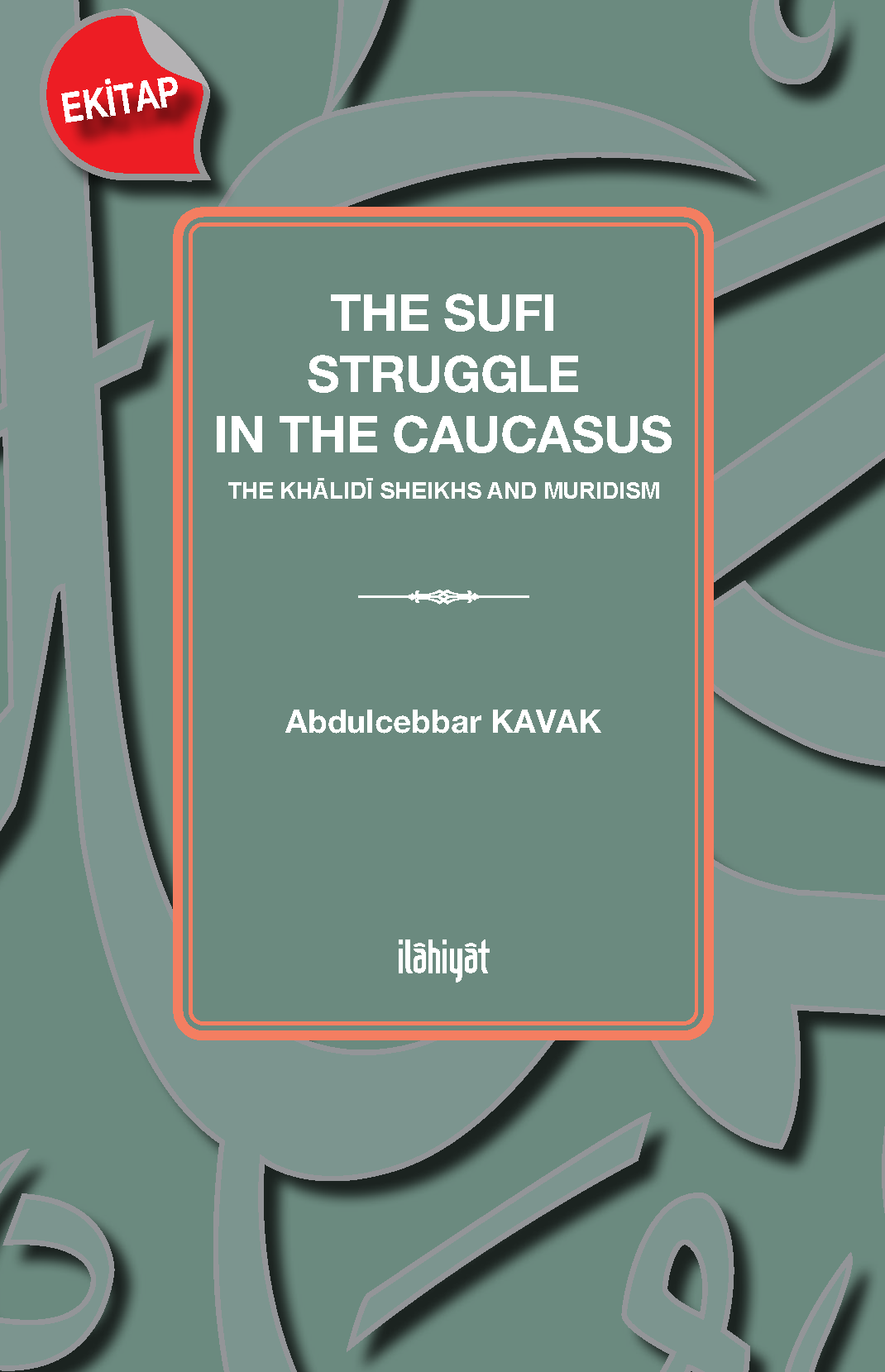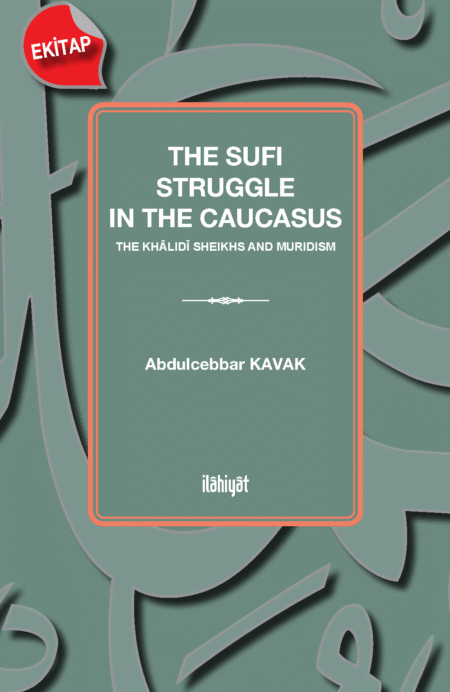Açıklama
The Caucasus region possesses remarkably rich diversity in terms of its geographical, ethnic, religious, and cultural characteristics. With the spread of Islam in this region, Muslim communities began to establish stronger relations with the states in Iran and Anatolia. The political, religious, and social developments that took place in the Islamic world also affected the Caucasus. From the earliest periods, the scholarly activities that became widespread through the madrasas established in the region were followed by the mystical activities of Sufi orders. Among the Sufi orders that emerged in Turkestan, Iran, Iraq, and Anatolia—such as the Yasawiyya, Qadiriyya, Naqshbandiyya, Safawiyya, and Khalwatiyya—several became known and spread among the Muslims of the Caucasus. Among these, in particular, the Khalidiyya branch of the Naqshbandiyya distinguished itself through its activities that left a deep mark on the last two centuries of Caucasian history. Khalidism offered solutions to the political, religious, and social problems faced by Muslims through a revivalist approach grounded in the traditional Islamic sciences and Sufism. To this end, it prioritized efforts aimed at strengthening social consciousness and dynamism among Muslims. By uniting formal religious learning and Sufi training under the roof of the madrasa, Khalidism oriented itself toward resolving the problems encountered in the political and social spheres of the Caucasus. The Khalidī tradition, whose foundations were laid in the Shirvan region by Shaykh Ismail Siracüddin of Kürdemir, first found significant resonance in Daghestan in the North Caucasus. Subsequently, in the South Caucasus, Khalidism attained an important position through the activities carried out by the deputies (khalīfas) of both Shirvanī and Shaykh Osman Sirajüddin al-Tawīlī. This study examines the process of social organization in the Caucasus, the commanders trained in Khalidī madrasas, and the distinguishing features of Shaykh Shamil, the leading figure of the Muridism movement. It further analyzes the distinctive model of governance he established, specific to the Caucasus, as well as his relations with the Ottoman state elite and Khalidī circles in Istanbul. The Arabic letter written by Shaykh Shamil to ʿAbdülfettah al-Aqrī, one of the Khalidī shaykhs residing in Istanbul—and published for the first time in this study—contains important clues regarding this period.9786258731026 Abdulcebbar KAVAK abdulcebbar kavak The Sufi Struggle In The Caucasus İsmail GÜRLER







